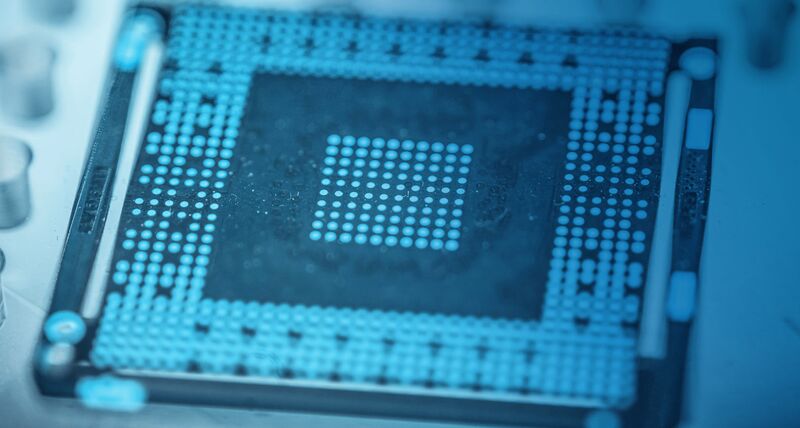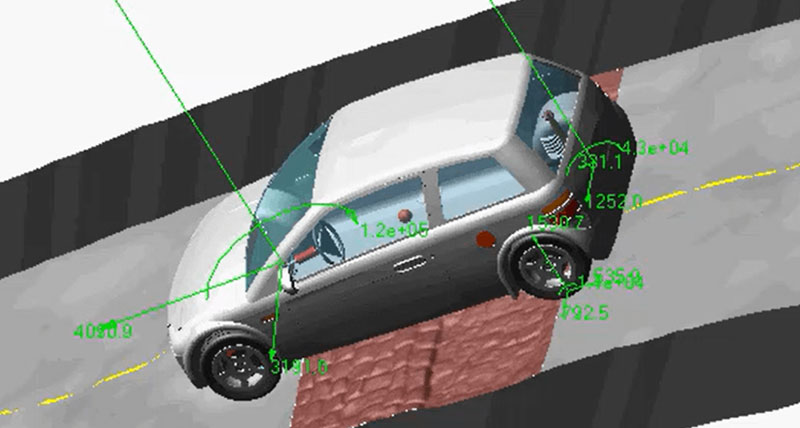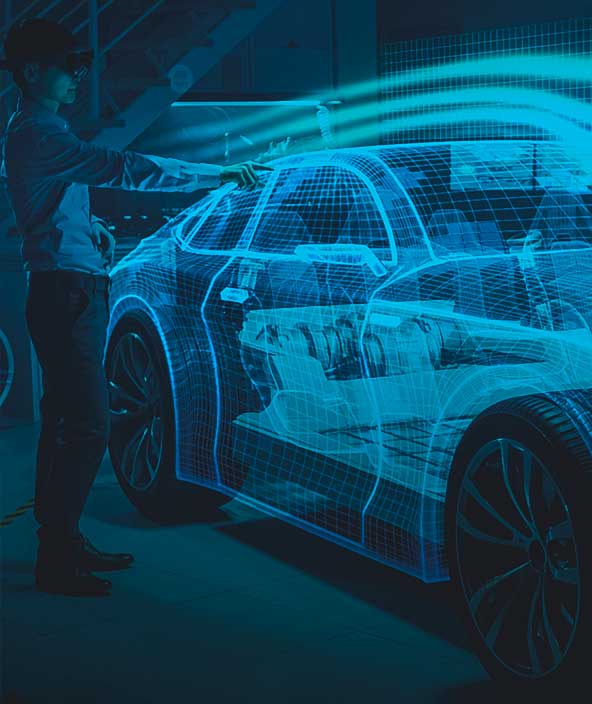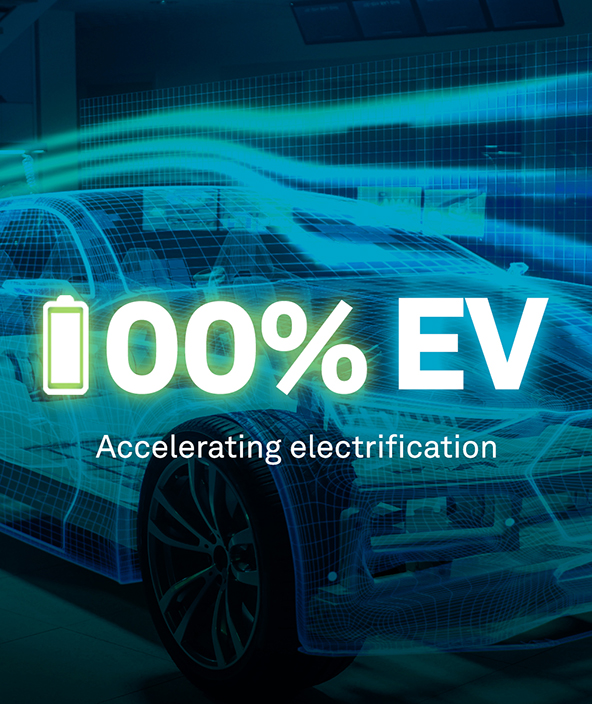Electric vehicle power electronics
Manufacturing and quality assurance solutions to make sure electric vehicle power electronics effectively manage engagement of critical systems such as the battery and electric motor
Would you like to know more?
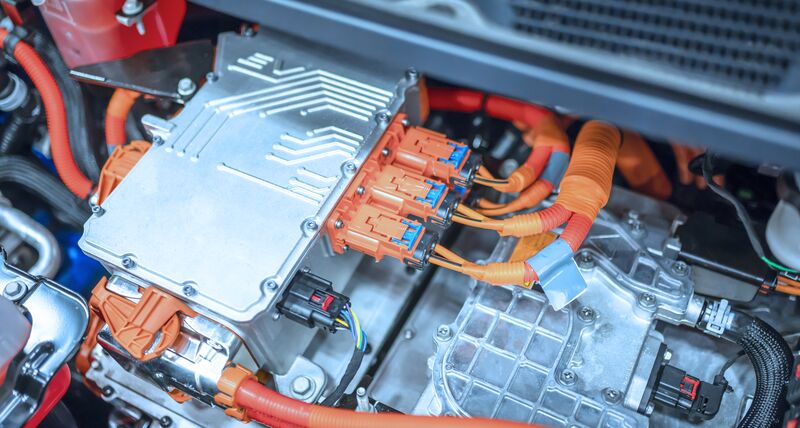
The use of electronic systems in the automotive industry has expanded significantly over the last two decades. Domestic and commercial vehicles increasingly rely on electronic control systems and electric vehicles are no different. However, power electronics is a relatively new field for automotive manufacturers, and it’s expected to be a huge growth area as the industry moves to new architectures for automotive supply systems.
The individual components of electric vehicle power electronics, including inverters/converters, sensors and control systems, are responsible for critical functions like the flow of power between the battery and the electric motor, conversion from direct current to alternating current, and the regulation of the speed of the electric motor. Power electronics are particularly important in hybrid electric vehicles that switch between use of the electric motor and the combustion engine during transit. They are also crucial in managing kinetic energy retention systems and other technologies that improve electric vehicle efficiency.
The addition of power electronics systems to vehicles brings new design and manufacturing challenges. Cooling systems must be optimised to ensure efficient thermal management. To make electronic parts more effective and dependable, it's important to control the quality of semiconductors, printed circuit boards (PCBs) and finished modules. The need for reliable devices capable of handling high power at high efficiency has led to developments in new semiconductor materials to replace traditional silicon electronics. These devices, which incorporate new materials such as gallium nitride and silicon carbide, offer increased maximum power delivery and efficiency, and reduced size and weight. Materials like these have traditionally been difficult to fabricate due to defects, which can cause in-field failures and low yields in manufacture.
Hexagon’s smart manufacturing technology is widely used in both the automotive and electronics sectors. Our simulation solutions support manufacturers of electronic components through the design phase from material selection to thermal performance, while our inspection solutions support high sample rates for complex mass production components like PCBs.
The individual components of electric vehicle power electronics, including inverters/converters, sensors and control systems, are responsible for critical functions like the flow of power between the battery and the electric motor, conversion from direct current to alternating current, and the regulation of the speed of the electric motor. Power electronics are particularly important in hybrid electric vehicles that switch between use of the electric motor and the combustion engine during transit. They are also crucial in managing kinetic energy retention systems and other technologies that improve electric vehicle efficiency.
The addition of power electronics systems to vehicles brings new design and manufacturing challenges. Cooling systems must be optimised to ensure efficient thermal management. To make electronic parts more effective and dependable, it's important to control the quality of semiconductors, printed circuit boards (PCBs) and finished modules. The need for reliable devices capable of handling high power at high efficiency has led to developments in new semiconductor materials to replace traditional silicon electronics. These devices, which incorporate new materials such as gallium nitride and silicon carbide, offer increased maximum power delivery and efficiency, and reduced size and weight. Materials like these have traditionally been difficult to fabricate due to defects, which can cause in-field failures and low yields in manufacture.
Hexagon’s smart manufacturing technology is widely used in both the automotive and electronics sectors. Our simulation solutions support manufacturers of electronic components through the design phase from material selection to thermal performance, while our inspection solutions support high sample rates for complex mass production components like PCBs.
-
Dimensional inspection
-
Dimensional inspection
